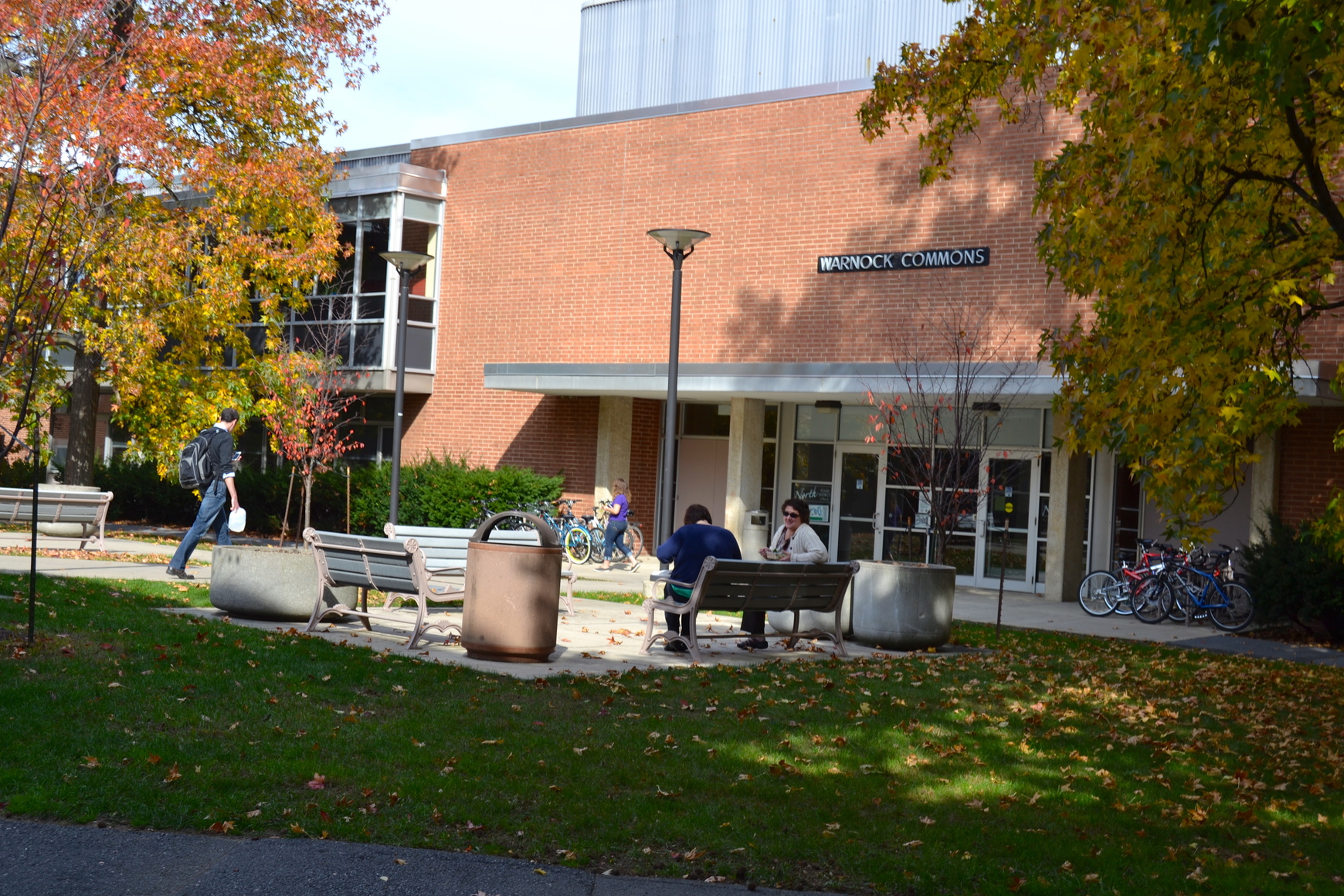UPAC: How Well Does It Work?

The University Park Allocation Committee: the somewhat lesser known holder and distributor of your student activity fee or, as it is more commonly called, UPAC. We discussed the ins-and-outs of the organization in a previous post, telling you how to get your hands on some of the money for your student organization. But does the organization that is “Your Student Activity Fee at Work” actually work for you?
It is no secret that organizations have had trouble dealing with UPAC in the past, even though they say that more than 90% of each dollar requested is granted. The process has become too bureaucratic at times said former UPAC committee member and former UPUA President Christian Ragland noting that “sometimes the politics behind it can hinder the progress of student organizations.”
Former chair of the UPUA Assembly Jessica Pelliciotta believes that UPAC needs to be more democratic in its dealing within the committee and when it comes to dealing with explaining its policy to the students of Penn State. She believes that if UPAC looked more like UPUA, with more voting representatives and more transparency in its policies, the organization would serve Penn State students better.
But UPAC director Mark Donovan believes that progress has been made, both internally in the committee as well as making it easier for student groups to access money.
During the last two years we’ve balanced the dual needs of allocating funds equitably while also working with groups to update policies. In the process, maximum funding caps were raised, submission deadlines shortened, and meetings opened up to public attendance. Each of these changes has been great for everyone.
One such change came from last week’s meeting when UPAC decided to abolish the 20 percent rule and move to the 10 percent rule. Student organizations now only have to cover a tenth of their event’s costs instead of a fifth which stopped many groups from putting on these events simply because they could not afford to do so.
But as Donovan, Ragland and Pelliciotta all said, there is always room for improvement. One point that I saw could be improved on was the restriction on food and food-related costs when applying for aid from UPAC, a sentiment which Ragland echoed. He pointed out that food is an important aspect of many cultural groups on campus and diversity is hindered when these groups can’t afford to have events catered due to monetary issues.
Donovan said that UPAC is looking to move its budget submission process fully online, but has to work with the IT department’s timeline on it. He is also looking to shorten deadlines by which he explains below:
Most students do not realize that receiving UPAC funding is part of a much larger University wide programming process. Program registration, events management, room reservations, contracting, funding disbursement from ASA, and mandatory pre-production meetings also take a great deal of time. UPAC’s deadlines ensure that adequate time exists for everything that comes afterward. Internally, during the Fall semester we averaged a two week turnaround time while this semester has been slightly over three weeks.
One plan that has been brought forward to improve UPAC is David Adewumi’s “set of ideas” and former presidential platform, ONEPSU. While Ragland applauds its call for collaboration among student organizations to plan events, Pelliciotta admonishes the plan, calling it undemocratic:
Yes, things will move quicker when there is a five person exec board making decisions, but is that the best thing? If those five people like your ideas, great for you, you get your money right away, but what if they disagree. Democratic groups should not act like businesses. Yes, it is slower, but it ensures that multiple opinions are heard.
As much as the process may be troublesome at times, UPAC does do an exemplary job of getting most students the money they need to expand their club’s influence or their own education. While improvement is definitely needed in some part of the committee, your student activity fee is in good hands for now.
Your ad blocker is on.
Please choose an option below.
Purchase a Subscription!




